Time to return to bold and free advertising
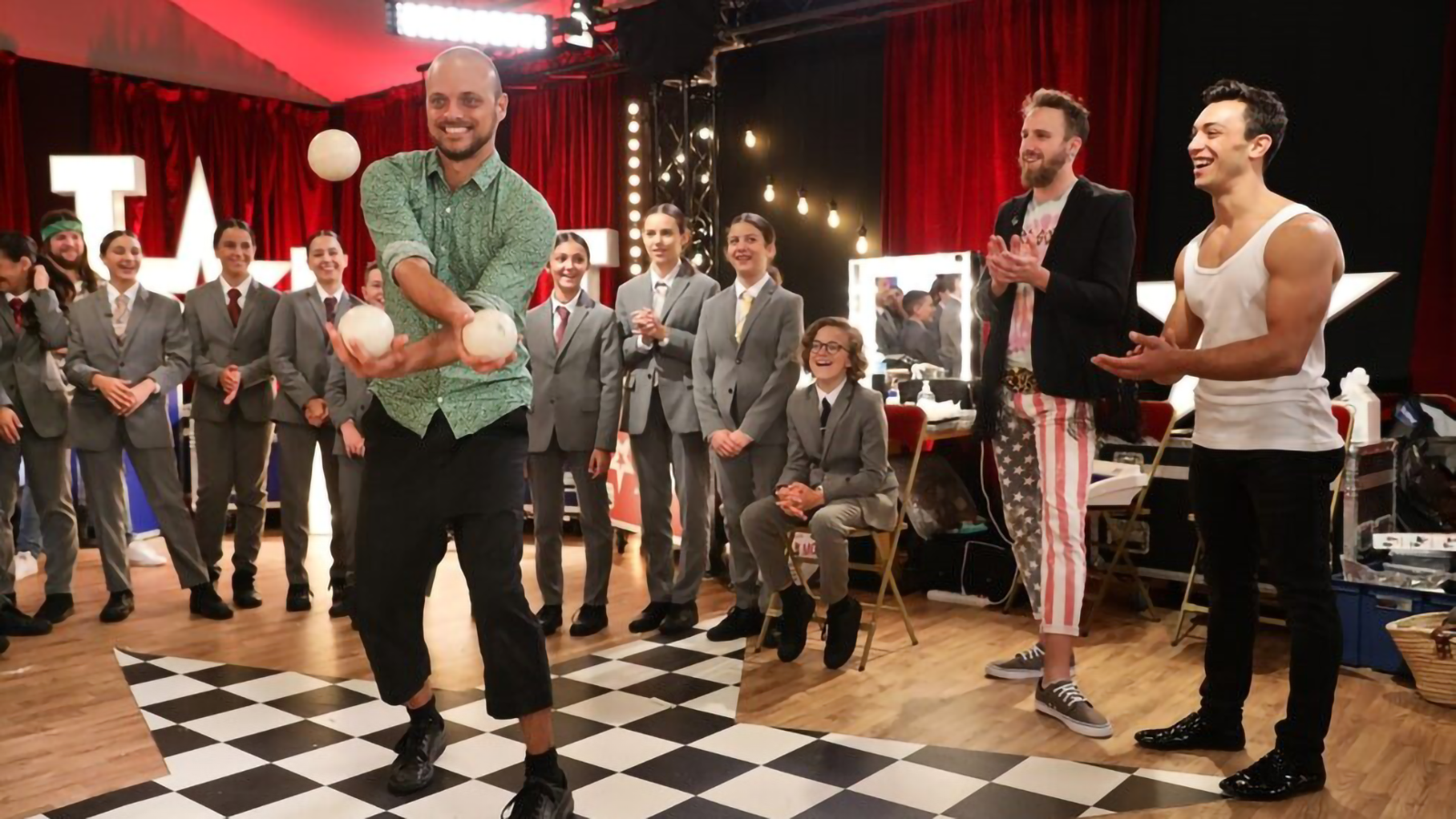
Jean-Patrick Chiquiar is co-founder of Rosapark, the multi-award-winning French agency with 120 employees that has won prizes for its work, including the last two Grand Prix Stratégies awards in 2018 and 2019, for its “Ugly ‘90s” Skoda campaign and “The Worst Song in the World” Monoprix campaign, which also won a Lion d’Argent at Cannes.
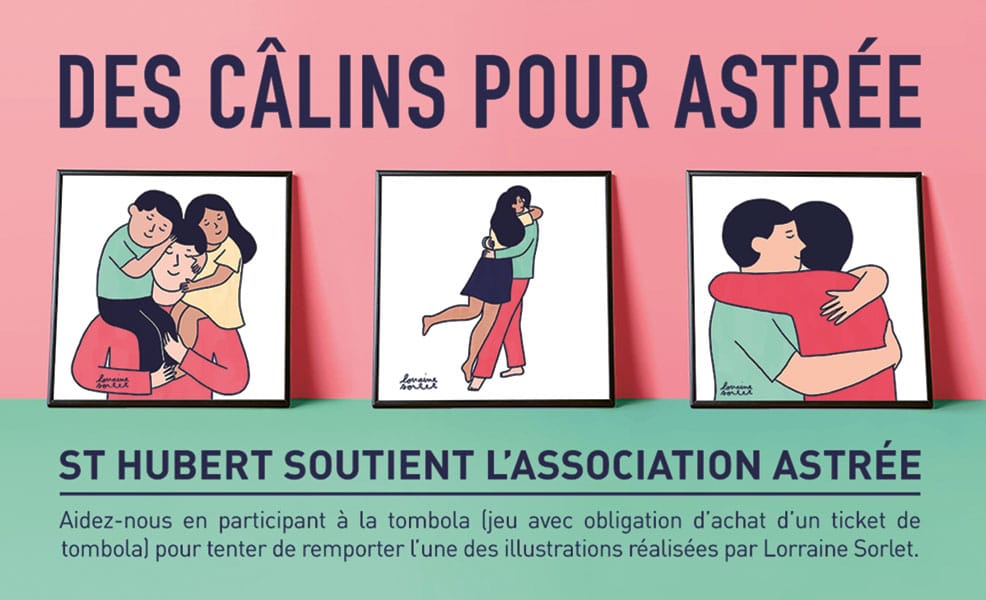
He shares his views on advertisers’ initial responses to the Covid-19 crisis, and the kinds of creative messages – light, entertaining, bold and free – that will resonate with audiences in the coming months. He also discusses the important role of broadcasters in collaborating more closely with brands and their agencies, highlighting broadcast advertising’s potential power as a showcase for brands that take risks while providing consumers with real value.
What was the attitude of advertisers when the Covid-19 crisis erupted?
Most brands didn’t immediately realise the consequences of the crisis. When the lockdown was imposed, everyone pressed pause and many campaigns were suspended. The recommendation we gave our clients was that it was imperative they do nothing, so as to allow themselves time to think and work out how to react to this new state of affairs. Indeed, some advertisers who attempted to be proactive must have regretted their decision, as people worried about their health didn’t want to see opportunistic brands trying to profit from the situation.
Weren’t the films shown during lockdown sufficiently creative?
Most advertisers made tear-jerking campaigns with sad music. Everyone was saying the same thing. So, it was very hard to stand out.
Could things have been done differently?
Yes, I think so. We prepared some specific plans related to the crisis we were experiencing, but we have always sought to pick up on the current context while avoiding the spread of presumptuous messages. For GRDF (the main distributor of natural gas in France and Europe), for example, we went back to the conventions of fitness classes in the 1980s to explain to people spending time exercising at home during lockdown – that they should do the same when it came to recycling their organic waste and producing green energy.
For St Hubert, a company that produces spreads that are good for the heart, we devised a one-minute film in which people were hugging and cuddling each other. These images were comforting, at a time when social distancing was at its height and we couldn’t get close to one another.
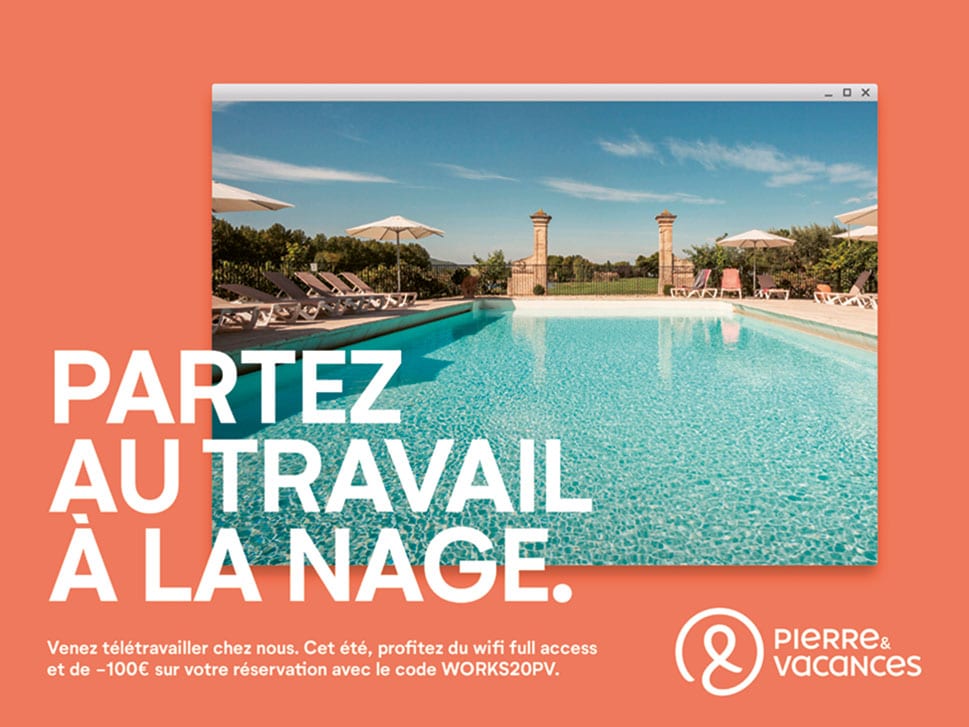
With Pierre & Vacances (a French group specialising in holiday villages and tourist residences), we carried out a deep/interesting collective strategic reflection. They needed to quickly adapt their offer to suit those working from home. The concept was to roll out a remote working package for a selection of their summer destinations.
We launched a campaign showing amazing views taken from P&V residences, to point out that these were also perfect places for people needing to work from home.
The idea behind these creative ads was to offer consumers value, without becoming maudlin and lapsing into sentimental talk.
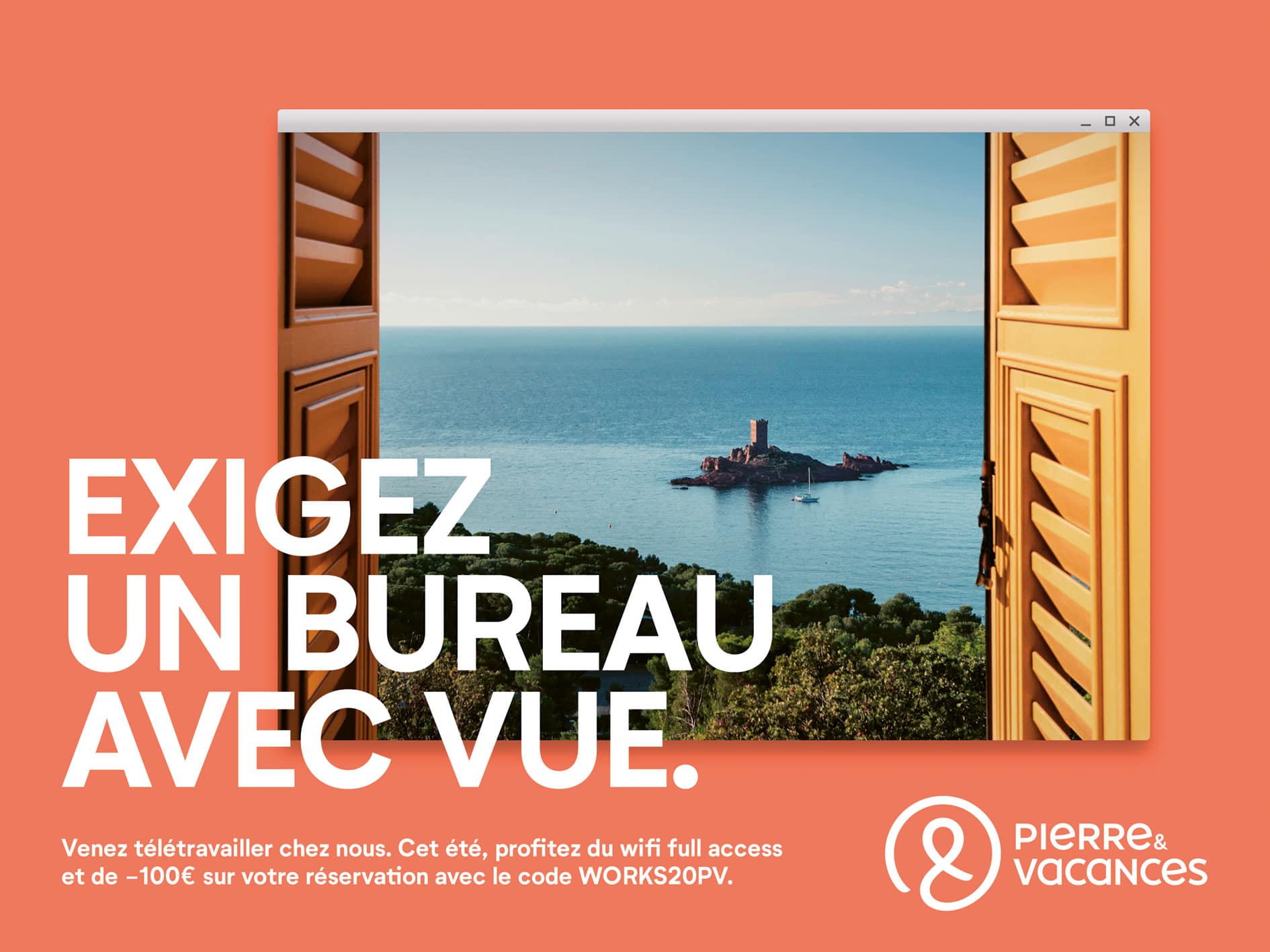
How do you create when everyone is in lockdown at home?
Some of these creative ideas came about in discussions we had with our clients. But we also sought to be really proactive. In particular, we set up a Teams group where, every morning, all the agency’s employees were invited to talk about the ideas that had come to them the day before. It was this initiative in particular that resulted in the creation of the campaign for Pierre & Vacances: “Working from home? Come to our home-from-home!”
What was the advertisers’ attitude when you put these rather quirky campaign proposals to them?
At first, some just froze. They didn’t know what to do and were taking a very short-term view. Hence the importance of stepping back and seeing the bigger picture. But the brands quickly showed themselves to be highly responsible as they understood that the situation in relation to the pandemic was far more important than their marketing objectives. So, once we started pitching original ideas to them, they mostly leapt on them. They were ready to take risks in order to speak to their target audience; but very few of them were disposed to release additional budgets, owing to the prevailing economic uncertainty.
Producing creative ads in the middle of lockdown can’t have been easy…
Indeed. We knew it was impossible to do certain kinds of film shooting. So, we first devised light production solutions for the creative ads we were preparing. For St Hubert, we used an illustrator and her drawings were then reworked by a postproduction agency. For GRDF and Pierre & Vacances, we used stock images. Specialists and actors did sound and voice-over recordings from home and sent them to us electronically. Our task consisted of working with these puzzle pieces and different content to turn them all into effective creative ads.
So, working from home can work in advertising?
Absolutely. We even won new clients by pitching on Zoom and Teams. We felt as though we were blindfolded when making our presentations, as we couldn’t hear the reactions of the advertisers, who’d put their microphones on mute to comment on our creative work, but that didn’t hinder us winning new contracts.
Did the broadcasters also take risks during this extraordinary period to help advertisers and encourage creativity?
There was no significant change in collaboration with broadcasters during this crisis.
What I particularly expected from them was that they would ease the technical constraints they impose on us, but the channels stuck rigidly to their operating format. They continued to demand that they receive films from us five days prior to broadcasting and insisted we send them really standard-length spots. They were not sufficiently proactive in my view.
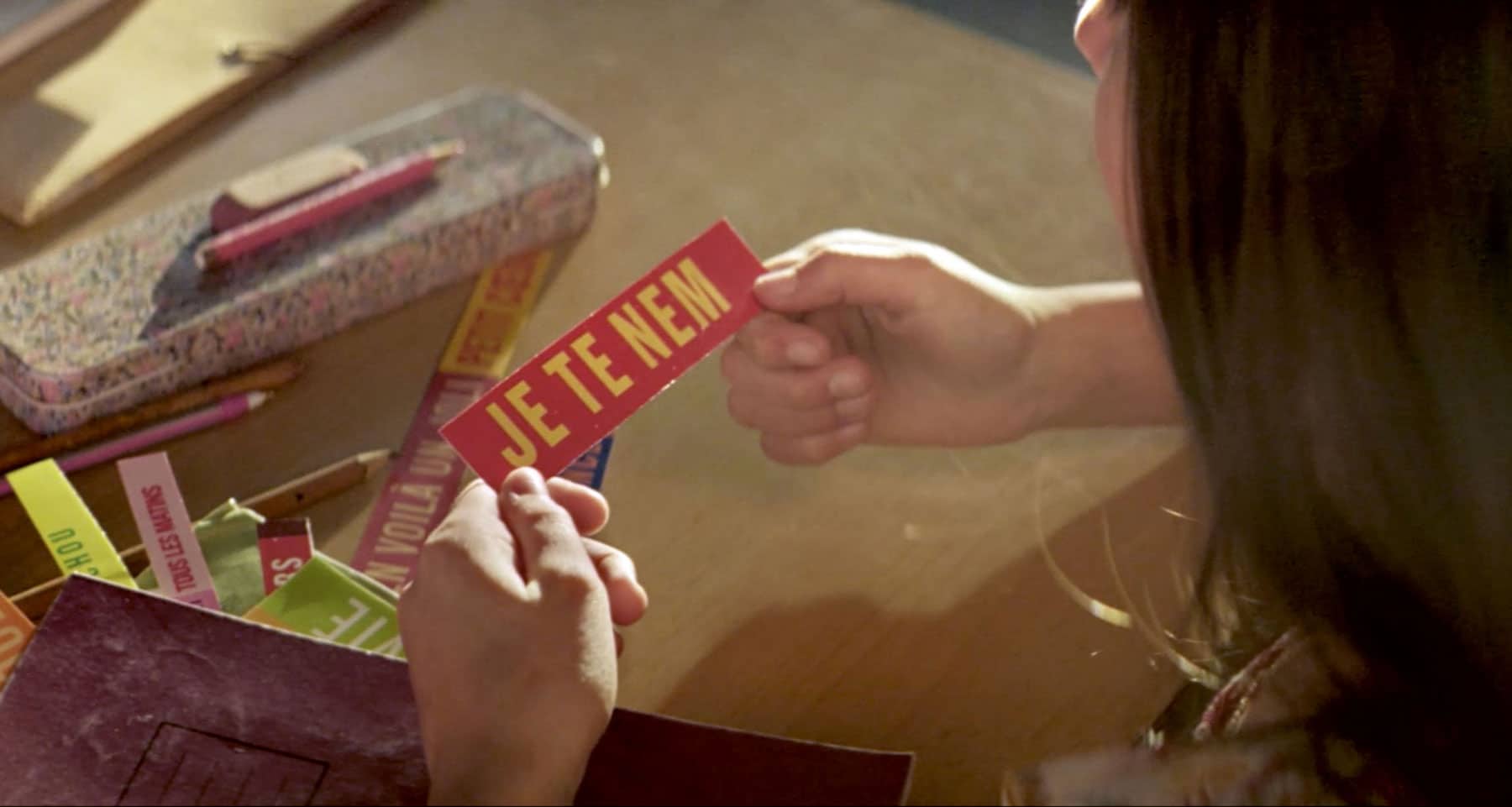
Aren’t some broadcasters starting to move in the right direction?
There are some encouraging examples appearing here and there. For a Monoprix campaign, we worked exclusively with the Group M6 to prepare a media plan for a film lasting a whole four minutes. The idea was to be able to make the most of all of the channels in the group to show this creative production to our targets, using a limited budget. This project was a success but it is still highly atypical to see broadcasters demonstrate creativity in supporting brand campaigns.
And yet change appears to be a necessity as advertising comes in for increasing criticism, doesn’t it?
Indeed. Advertising is accused of every evil under the sun. It’s charged, in particular, with encouraging excessive consumption. Advertisers and broadcasters therefore have to find ways of communicating, while respecting consumers’ expectations. People are smart. You can’t get them to believe any old thing. People don’t hate advertising. They just don’t like poor advertising, and I’m often distressed to see some campaigns on television that are quite simply unbearable.
Brands have to stop being intrusive and get away from the classic Procter & Gamble pattern of repeating the same message a dozen times, thinking it’ll stick in people’s minds.
People don’t hate advertising. They just don’t like poor advertising
Brands have to stop being intrusive and get away from the classic Procter & Gamble pattern of repeating the same message a dozen times, thinking it’ll stick in people’s minds.
There are good agencies, bold clients and smart broadcasters, but they’re still very much in the minority. However, some advertisers are now ready to take risks but they have to face up to their bosses to encourage them to break the mould. It’s far easier to convince a brand to make a 20-second film than to persuade it to broadcast a creative production lasting four minutes.
But there is now a real need to shake up conventions, even if that takes a lot of time, work and effort. Creatives have to stop thinking in “quant” and “qual” terms. Instead, they must seek to devise showcases for brands.
Advertising must generate pleasure, emotion and entertainment.
Is the crisis further reinforcing this tendency?
The crisis is still there and we can’t act as if it didn’t exist. We’re now asking consumers to make a consistent effort.
Instead of showing them serious, depressing messages, advertising should seek to be lighter by being more entertaining.
We must rediscover the boldness and freedom that used to characterize our sector a few years ago.
Interview conducted by Frédéric Therin
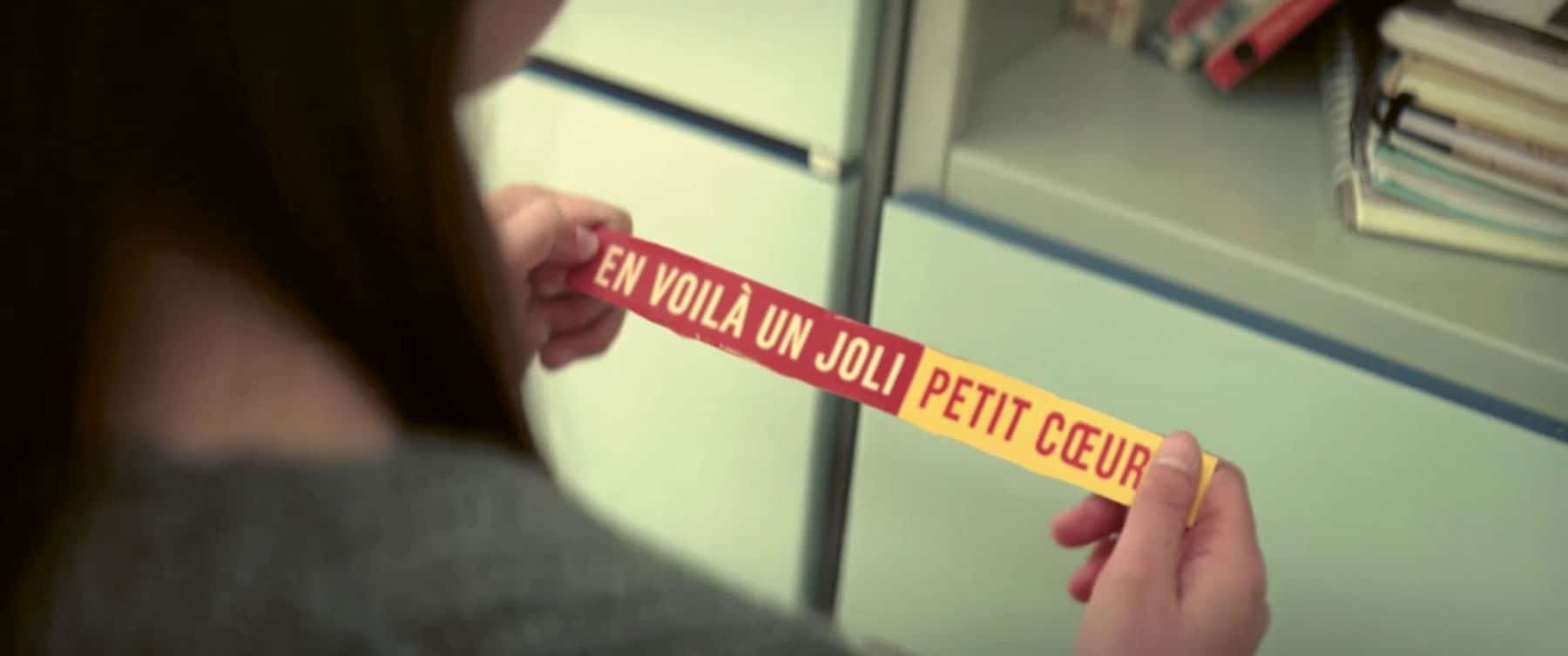
Jean-Patrick Chiquiar, Co-founder at Rosapark